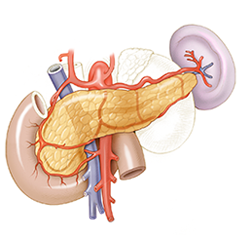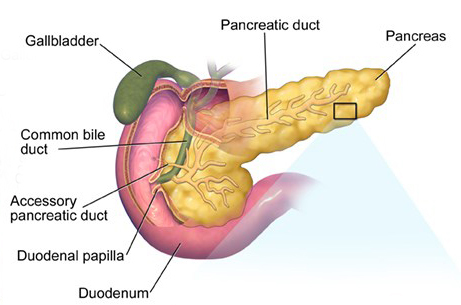
ENDOCRINE SYSTEM (অন্তঃক্ষরা সংবহণতন্ত্র)
(Produce and Maintain Hormone)
System Description :
The endocrine system is the collection of glands that produce hormones that regulate metabolism, growth and development, tissue function, sexual function, reproduction, sleep, and mood, among other things.
Functions of the Endocrine system :
The endocrine system is made up of glands that produce and secrete hormones, chemical substances produced in the body that regulate the activity of cells or organs. These hormones regulate the body's growth, metabolism (the physical and chemical processes of the body), and sexual development and function.
Parts of the Endocrine System :

The major glands that make up the human endocrine system include the: Hypothalamus, Pituitary gland, Thyroid, Parathyroids, Adrenal glands, Pineal body, Reproductive glands (which include the ovaries and testes), Pancreas.
C4.1) Diabetes (NIDDM) : Diabetes mellitus type 2 (also known as type 2 diabetes) is a long-term metabolic disorder that is characterized by high blood sugar, insulin resistance, and relative lack of insulin. Common symptoms include increased thirst, frequent urination, and unexplained weight loss.
C4.2) Diabetes (IDDM) : Insulin dependent diabetes mellitus (IDDM), also known as type 1 diabetes, usually starts before 15 years of age, but can occur in adults also. Diabetes involves the pancreas gland, which is located behind the stomach (Picture 1). The special cells (beta cells) of the pancreas produce a hormone called insulin.

Thank you for your interest !
This page is comming soon


